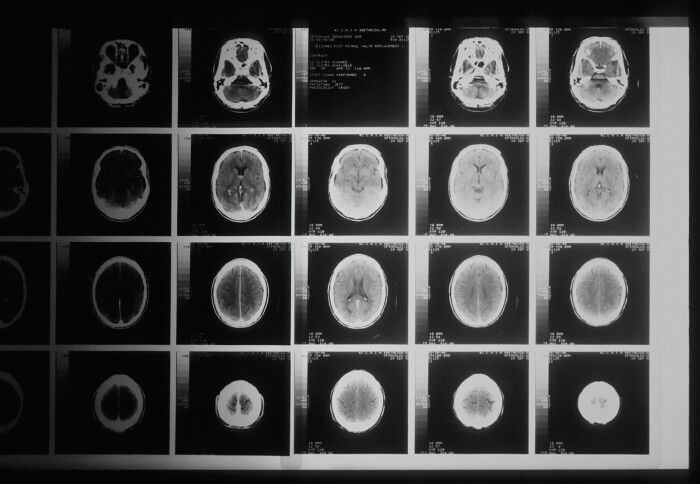Imperial’s dementia research institutes secure £30 million funding
by Meesha Patel

The two centres based at Imperial, which are part of the UK Dementia Research Institute, have received funding for the next five years.
The UK Dementia Research Institute at Imperial and the UK DRI Care Research and Technology Centre aim to pioneer research into the main drivers of the development Alzheimer's and Parkinson’s disease and develop technologies to support the care of people with dementia in their own homes.
Both centres bring together scientists from across the university from a diverse range of fields such as medicine, engineering, computer science and business.
Established in 2017, the UK Dementia Research Institute at Imperial focuses on identifying what goes wrong in the brain at the very earliest stages of dementia and develops innovative treatments to correct these detrimental changes.
The UK DRI Care Research and Technology Centre, formed in 2019 in close collaboration with the University of Surrey, uses a range of approaches such as sleep monitoring and artificial intelligence, to enable people living with dementia to live safely and independently in their own homes.
"The UK Dementia Research Institute has helped the Department of Brain Sciences and Imperial College London attract outstanding scientists from other disciplines to focus new energy and new approaches in ways that promise to transform the way we think about late life dementia." Professor Paul Matthews Department of Brain Sciences
These centres are two of seven national discovery sciences centres that collaboratively make up the UK Dementia Research Institute and bring unique contributions to its portfolio of science.
Professor Paul Matthews, Director of the UK Dementia Research Institute at Imperial spoke of how the funding renewal will allow the centres to continue their work: “The UK Dementia Research Institute has helped the Department of Brain Sciences and Imperial College London attract outstanding scientists from other disciplines to focus new energy and new approaches in ways that promise to transform the way we think about late life dementia and, ultimately, the lives of people with dementia and their families.
“Imperial College London now is one of the national leaders for the urgent agenda of improving outcomes with this still devastating set of disorders.”
The next five years of dementia research
The funding will enable these two centres to continue their crucial research to enable deeper understanding of the causes of dementia and establish new ways of caring for people with the disease.
The Dementia Research Institute at Imperial have been examining the circuitry in the brain, how it can protect against the development of dementia during sleep, and how to use non-invasive deep brain stimulation to modify symptoms of the disease such as tremors, which are a main symptom of Parkinson’s disease.
Through the Multi-‘omics Atlas Project (MAP) led by Dr Johanna Jackson, the centre also aims to create an ‘atlas’ of the brain at different stages of Alzheimer’s disease. This is the first time UK brain tissue resources have been used at scale and is hoped to rapidly improve our understanding of how people develop Alzheimer’s Disease.
"This is an exciting time for dementia research. Our Centre supports unique collaborations between engineers, doctors and computer scientists who are all focused on how we improve the lives of people living with dementia." Professor David Sharp Department of Brain Sciences
At the UK DRI Care Research and Technology Centre, researchers are developing new digital technologies to aid dementia care. People with dementia and their carers test these new technologies in Living Labs prior to use in home.
The centre has developed a unique digital platform ‘Minder’, which brings together a range of behavioural, physiological and environmental data and uses machine learning to create digital biomarkers that can be used to guide healthcare professionals in their decision-making. One application is the identification of risk of urinary tract infections and the technology enables alerts to be sent to a GP so that symptoms are reported to a health care professional even if the person can’t report on their symptoms themselves.
Professor David Sharp, Director of the UK DRI Care Research & Technology centre said: “This is an exciting time for dementia research. Our centre supports unique collaborations between engineers, doctors and computer scientists who are all focused on how we improve the lives of people living with dementia. The renewed funding will allow us to develop new digital solutions that improve dementia care."
Article text (excluding photos or graphics) © Imperial College London.
Photos and graphics subject to third party copyright used with permission or © Imperial College London.
Reporter
Meesha Patel
Faculty of Medicine Centre